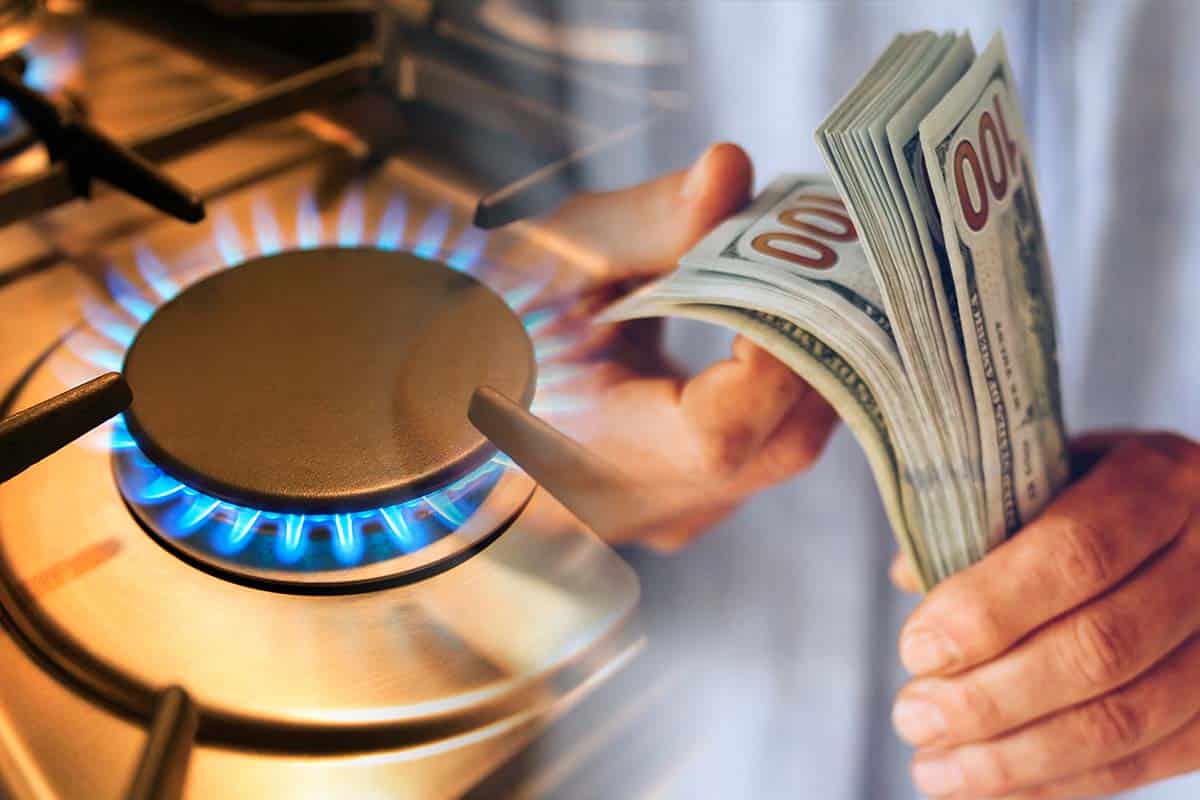In the ongoing battle to tame inflation, the decreasing price of gasoline emerges as a positive development, even if the Federal Reserve’s policies have little to do with this change. As of December 12th, AAA reported that the national average gas price in the United States was $3.14 per gallon. This figure is 23 cents less than it was a month ago and the lowest it has been in nearly a year.
The Bigger Picture: A More Broad-based Decline
Higher prices in states like California, where gas currently stands at $4.70 a gallon, may be obscuring an even more widespread decline. According to AAA, approximately 60% of gas stations nationwide are selling fuel below $3 per gallon, and a quarter are below $2.75. The fall in gas prices showcases some resilience amid the persistently high inflation rates in other sectors of the economy.
Impact on Consumer Spending and Demand
Gasoline prices are closely tied to consumer spending habits and overall demand. Lower gas prices tend to provide a boost to consumer spending, as individuals will generally have more disposable income when they are not burdened by high costs at the pump. Consequently, a decrease in gasoline prices might slightly alleviate economic pressure on consumers while creating greater demand for goods and services.
Possible Contributing Factors to the Fall in Gas Prices
Various factors may have contributed to the recent drop in gas prices. For one, global crude oil prices have recently fallen. As crude oil is the primary input for gasoline production, lower crude prices often lead to reduced costs at the pump. Additionally, the easing of travel restrictions worldwide could have provided a temporary boost in demand, pushing gas prices downward.
Omicron Variant and Its Potential Impact
The recent emergence of the Omicron variant has led to renewed concerns about potential disruptions to both domestic and international markets. This development could possibly result in swift shifts in supply and demand that might impact gas prices. However, experts are still closely monitoring the situation, and it remains too soon to fully determine the long-term consequences of the new variant’s spread on fuel prices and the global economy in general.
Federal Reserve’s Stance on Inflation and Gas Prices
While the drop in gas prices comes as welcome news, it should be noted that the Federal Reserve’s policymakers have little control over these fluctuations. The Fed’s gradual tightening of monetary policy, which involves scaling back bond purchases and raising interest rates, has been primarily targeted towards discouraging excessive borrowing and creating a stable environment for inflation to subside.
Growing Pressure for Additional Measures
As inflation continues to hover above the Federal Reserve’s 2% target, there is an increasing call for stronger measures to counteract rising price pressures in the US economy. While reduced gas prices may help ease some consumer burden, they alone are unlikely to act as a significant force against the broader trend of mounting inflationary pressures.
Looking Forward: Challenges Remain Amid Optimism
Despite the positive turn of events with declining gas prices as part of the equation, it is crucial to remember that mitigating overall inflation and restoring economic stability will entail overcoming several hurdles. Other sectors, such as housing, healthcare, and education, have yet to exhibit similar instances of price resilience. This disparity highlights that the key challenges in addressing the larger issue of inflation still persist despite any potential temporary relief brought on by decreasing gas prices.
In conclusion, while the recent drop in gas prices offers a glimmer of hope amid high inflation rates, there remains a long road ahead in restoring economic stability and confronting inflationary pressures head-on. A combination of various factors, such as governmental policy, market forces, and consumer behavior, will play a crucial role in shaping the future trajectory of inflation and determining whether this newfound optimism can be sustained in the long run.









